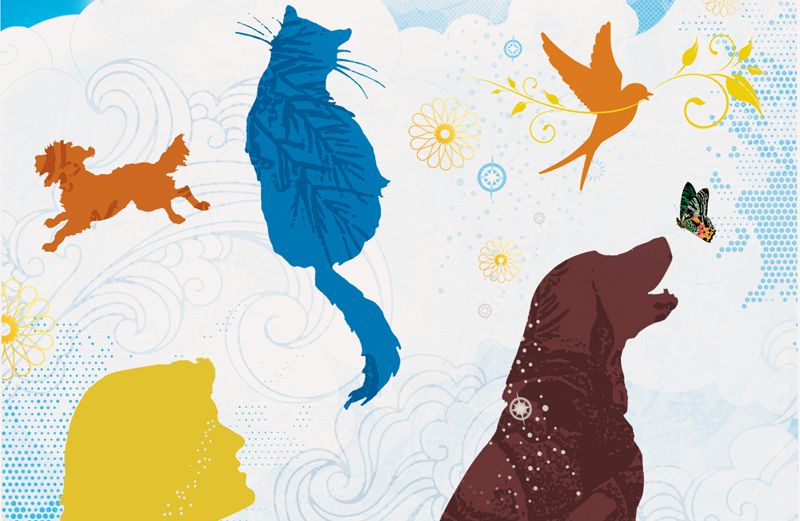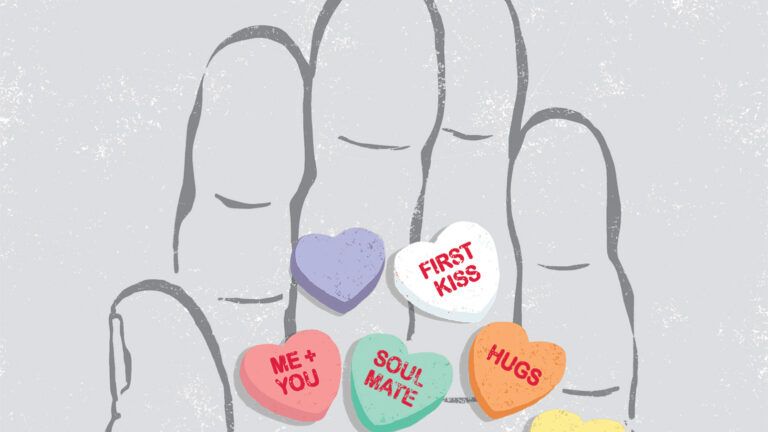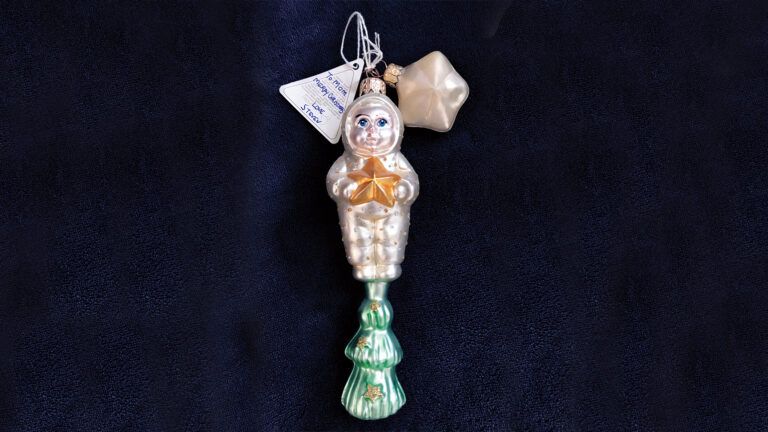A few years back I wrote an article for Guideposts on a subject I knew readers were interested in: Do our beloved pets join us in heaven?
It’s a comforting notion, but I wanted to see if there was theological justification for it. Your response was an overwhelming yes.
The topic, I realized, deserved more than could fit into a single article. It deserved a whole book. Do animals have souls? Where do those souls go when they leave this earth? Will our pets be there to greet us when our own time comes?
And what happens to that unique, God-given personality we miss so much when a beloved pet dies?
Most of my article focused on what the Bible says on these subjects. But the Bible was only the beginning.
I eventually left Guideposts to work on the book full-time. Instead of spending my days in an office filled with people, I found myself alone with my computer.
Or rather, almost alone. I did have one steady companion, my schipperke Mercury. Schipperkes are smart, hyper-alert dogs. Once, I’d watched in astonishment as Mercury leapt up and caught a sparrow in mid-flight (don’t worry, I took the startled bird and released it unharmed).
But those days were long gone. Mercury’s glossy black coat was dull now and fringed with white, and his sight was so bad that when we visited friends with cats, he tottered right past them.
Often, in the midst of writing, I’d look down at Mercury lying at my feet and wonder how I’d cope when his time came.
Most of the letters I received in response to my Guideposts piece came from people who wanted to tell me how deeply they had grieved the loss of a pet. A surprising number had received assurance that came in a dream, a heavenly confirmation that their animal companions lived on.
“I was crushed,” ran a typical letter, “when my 15-year-old white Persian Mindy died in my arms. I’m a widow and my kids are grown. Mindy was all I had. I didn’t know if I could continue without her.
“One night a week or so after Mindy left me, I had an unbelievably vivid dream. Mindy was curled in my arms just as she always used to be. She was young and healthy again, her coat bright and shiny, her big yellow eyes clear and sharp.
“She looked up at me, and in those diamond eyes of hers I saw something I’ll never forget. I’m still here, she was telling me. Even though you can’t see me or touch me anymore, my spirit is with you…and always will be.
“The dream was so vivid that it jolted me awake. I sensed something in the bedroom with me. Right away I knew what it was. Mindy’s spirit. I lay there quietly, thanking God for what he’d shown me. Finally, I went back to sleep.
“The next morning the feeling in the room was gone, but my view of the world had changed–for good.”
I did a little research into this phenomenon and discovered that these dreams usually come to us in what is technically known as the hypnagogic state. Hypnagogia occurs when we are in that strange place between waking and sleep, where we are neither fully conscious nor unconscious.
The word “hypnagogia” comes from combining the Greek words for “sleep” (hypnos) and for “conductor” (agogeus).
The third-century A.D. Greek philosopher Iamblichus called the visions that occur in this state “god-sent,” and even Aristotle–a philosopher not known for his flights of otherworldly fancy–wrote that “in the moment of awakening” a man may “surprise the images which present themselves to him in sleep.”
Can we–or, perhaps more important, should we–trust the messages we receive in the hypnagogic state? From Jacob’s vision of the ladder of angels in Genesis to the prophecy in Acts that “your young men shall see visions, your old men shall dream dreams,” the Bible is rich with suggestions that dreams can be a genuine conduit for God’s word.
As the biblical scholar Walter Brueggemann notes, “The ancients dared to imagine that this unbidden communication is one venue in which the holy purposes of God, perplexing and unreasonable as they might be, come to us.”
Most of us experience the hypnagogic state twice a day–in the morning when we exit the world of sleep and in the evening when we enter it again. At those moments, the doors of our mind are open, and evidence of a larger world can creep into our consciousness before the everyday waking world comes along and crowds it out.
That’s not to say every dream we have is a message from beyond. But some dreams unmistakably are. Some dreams are simply different from others, and when we have them we know it.
These dreams, the philosopher and religious scholar Titus Burckhardt writes, “mostly occur at dawn and continue until waking” and “are accompanied by an irrefutable feeling of objectivity. These are the dreams that come from the angel.”
In the classic hypnagogic pet dream, a bereaved pet owner sees her ill and aged animal young and vigorous again, in a beautiful setting–often, a green field alive with flowers.
People typically awake from these dreams suffused with a feeling of well-being. They know with certainty that their pets are okay, and that they will see them again one day.
I finished work on my book The Divine Life of Animals last fall. Then, just before Christmas, the moment I’d long known was coming arrived. Mercury and I were at my sister’s house for the holidays.
Two days into our visit he took a sudden turn for the worse. A vet told us that Mercury was very close to death, and administered a shot to end his pain.
I laid Mercury to rest in my sister’s backyard with his head facing east–the direction of sunrise and, I knew from my book research, the direction humans have buried their dead since prehistoric times.
Going to sleep that night, I wondered if, after all the reading I’d done about the dreams that grieving pet owners experience, I might have one of my own.
I didn’t. But later that morning, I walked out to Mercury’s resting place and something occurred to me. Often during those last two years of Mercury’s life, when I was working on my book, I’d hear whimpering.
I’d look down at Mercury, asleep in his bed, and see his paws moving. Tentatively, then excitedly, he would kick his legs and utter little barks.
Some of those dreams didn’t seem all that pleasant; maybe they were the canine equivalent of nightmares. In other dreams, though, Mercury seemed quite happy. So happy, in fact, that I would take care not to wake him and rob him of the joy of being able to run and gambol the way he’d loved to when he was younger.
What are you seeing? I asked him silently as I watched his paws, gray with age, kick and buck as if he were a pup chasing birds. But even as I asked, I knew the answer.
Mercury was getting a foretaste of a place where he truly would run and play again. A place we can never see with complete clarity here on earth, but which certain dreams–the dreams that come “from the angel”–give us a wondrous and reassuring glimpse.






